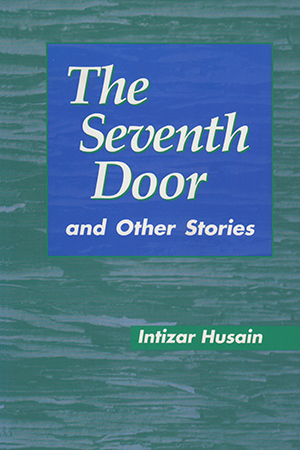These powerful stories were written between 1947, when Pakistan was created, and 1971, when it was fragmented by the creation of Bangladesh as an independent nation. Steeped in an unmistakable Shi’ite ambiance, they also draw freely on memoirs and memories, dreams and visions, Middle Eastern oral traditions, and Hindu and Buddhist mythology.
The late Intizar Husain was one of the most prolific of today's Pakistani writers. Best known to his Urdu readership as a master of the short story, he has also experimented with novels, novellas, biographies, and plays, and he has won numerous literary awards in both India and Pakistan. He is a columnist for Dawn, Pakistan's largest-circulation English-language daily. Muhammad Umar Memon is professor of Islamic Studies, Urdu, and Persian at the University of Wisconsin, Madison.
No rights in South Asia"The poetics of Intizar Husain's (b. 1923) writing and the background in which his writing developed are analyzed in engaging and informed detail.... The selection [of stories] is excellent and the translations of a uniformly high standard." —Shawkat M. Toorawa, MESA Bulletin
"This set of extraordinary tales opens many doors to a mysterious realm of memory and perception where the prisoners of a disconnected present find nourishment in private and public histories." —Tirthankar Bose, Pacific Affairs
"The compelling symbols and myths interwoven into his text prompt the reader to remain engaged with the story long after it is over. Husain's writing transcends national boundaries." —Jaswinder Gundara, MultiCultural Review
"While all the stories are very readable, some are brilliant: a blend of seeming simplicity and complexity, characteristic of the Sufic world-view he was exposed to in his early years.... Ungrudging praise has to be accorded this collection." —Indian Review of Books






